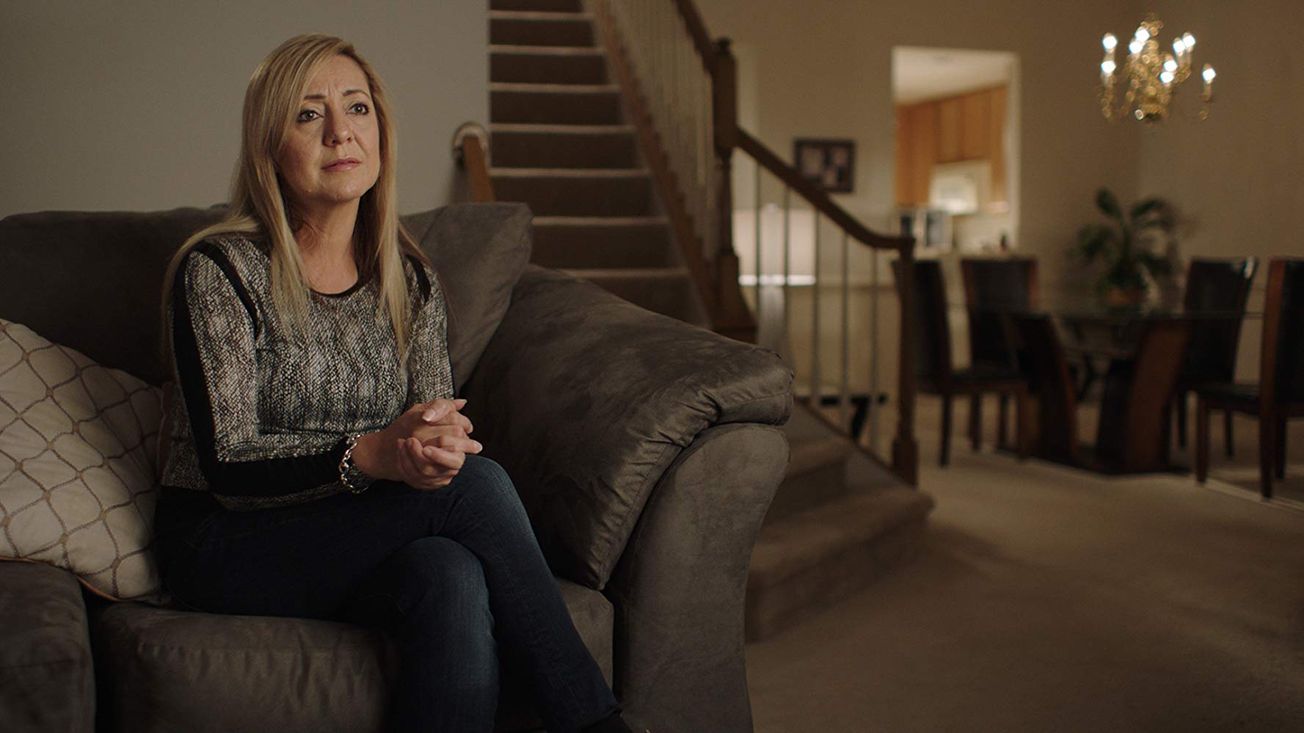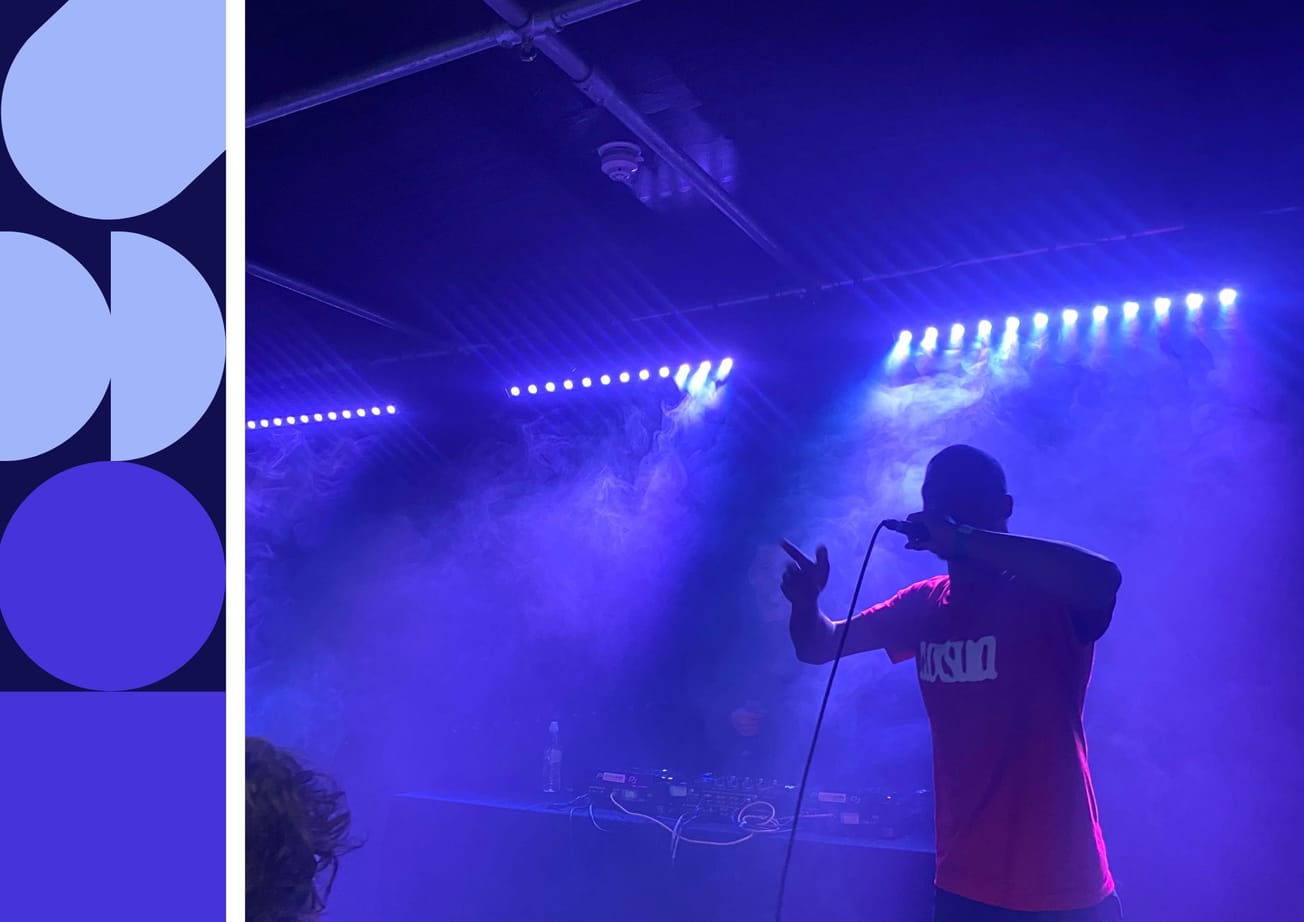By Milly Randall, First Year, English Literature
Jordan Peele is an executive producer of this Amazon production reinvestigating the infamous 1993 news story about an abused woman, Lorena Bobbitt, who sliced off her husband’s penis after years of being mistreated.
Lorena mimics the form of its very source article - a phallocentric, sensationalist tabloid piece which is revealed to be the story of an abused woman, is, in and of itself, used to expose the harrowing reality that is continual abuse and distrust of women. Herein lies the value of this documentary series, produced by Jordan Peele. We are not initially afforded the value of neutrality, or really even hindsight, we are tugged and pulled just as public consciousness was at the time of the trial: through media.
Youtube / Amazon Prime Video
Although the first half of the series is somewhat tired and lacking in reason for emotional investment, this was more than forgiven by a carefully constructed manual for deprogramming from the silencing and disbelieving of women to a full understanding of the situation. This story has reemerged at a critical moment, and deserves to be seen. What this production initially lacks in subtlety is a poor excuse for overlooking the central premise of it.
The slow opening and failure in that period to rapidly develop the individuals involved is a shame because it will repel so many viewers who have a genuine interest in the issues being explored. However, this does serve some purpose, as what I originally saw as offering far too significant a voice to the disinterested white men of authority when there is clearly a woman of ethnic minority impoverished and without a voice, evolved into a shrewd critique of media and presentation itself. Sympathies are rebalanced, and the characters are exposed for who they truly are.
Like, Lorena Bobbitt and Monica Lewinsky are definitely heroes and NOBODY TOLD ME THAT WHEN I WAS A CHILD.
— Carina Adly MacKenzie (@cadlymack) February 24, 2019
The moment I personally realised the significance of this memoir is when Lorena begins to be humanised, along with the many witnesses who helped her case. Subtly, and calmly, at the hand of the tragic normalisation so rife within the conversation of domestic violence, we learn that many of these witnesses themselves have been victims of abuse. This makes for what can only be described as a heartbreaking denouement for the reality of the ‘battered woman’.
What perhaps is most shocking, and given a beautifully fleeting and understated moment, is John Bobbitt himself admitting he was abused as a child: ‘We don’t talk about it.’
The genre is used to its maximum, its ever-consistent neutrality making for an achingly frustrating watch when we see professionals, even in the present day, demand: ‘Why couldn’t she just leave?’ Make no mistake, there is nothing uplifting about the majority of this story, from the shots of John’s Trump supporting paraphernalia to the tragic similarity between the ‘90s and today’s conversation about abused women, and whether their tall tales are to be trusted.
Lorena Bobbitt documentary on Amazon Prime is great. Didn't know that when the Police went looking for his penis in the woods a Cop accidentally stepped on it. Another Cop said he's not picking it up because it was against his religion to have another man's penis in his hand.
— jim florentine (@Mrjimflorentine) February 21, 2019
Director Joshua Rofé, with the support of Peele, dismisses the media for what it is: a tool, and a dangerous one. Not only did John Bobbitt escape sentencing, he was glorified to such an extent he was permitted to repeat what he did to Lorena on countless more occasions. The extravagance and heady drama of his fame is undeniably unsettling, including the tragic dip into the porn industry.
This horror story is concluded in the haunting montage of Lorena and John driving - separately - at night. The images of Lorena are touching and heartwarming. John is alone, confused and pretending. The system did both of them a disservice.
Featured Image Credit: Photo courtesy of Sundance Institute
Do you believe Lorena's story of longstanding abuse would be covered differently if it happened today?
Facebook // Epigram Film & TV // Twitter









